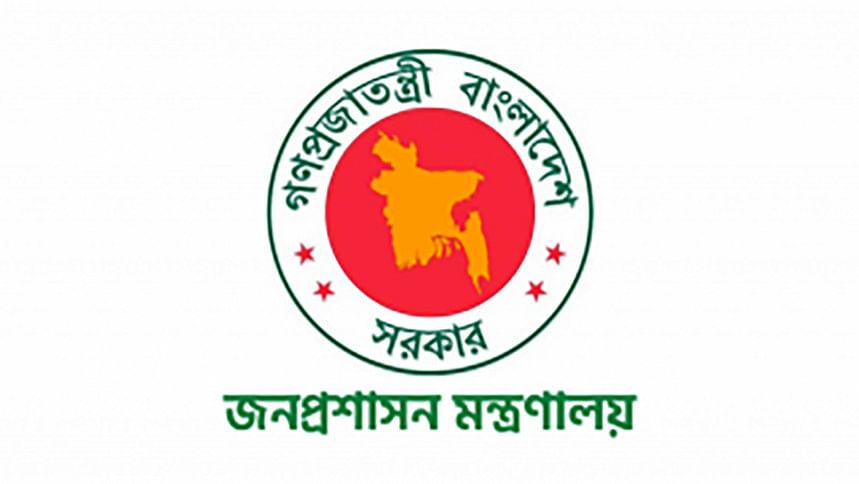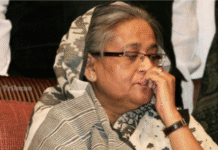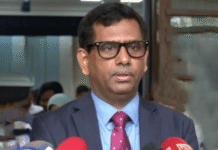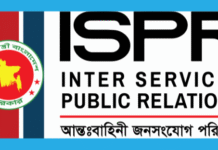
Public servants will have to present the wealth statements of themselves, their spouses, children, and dependents every year, according to a new amendment to the rules.
The move is aimed at ensuring transparency and preventing corruption, said Mokhles Ur Rahman, senior secretary of the public administration ministry, announcing the amendment to Government Servants (conduct) Rules, 1979, yesterday.
This year, the statements must be disclosed by the end of November, and from next year, the deadline will be December 31, he said.
“Those who will fail to comply will face disciplinary action,” he told a press briefing at the Secretariat.
Iftekharuzzaman, executive director of Transparency International Bangladesh, commended the step, saying, “If duly enforced, it promises to be an effective measure to prevent corruption consistent with the international best practice.”
He also hoped that there would be no loopholes in the rules and the initiative would not end up being “just another unenforced regulation”.
Mokhles told The Daily Star that the announcement was made before journalists so that the message promptly reaches all quarters and a gazette notification would be issued soon.
The Right to Information Act-2009 will not be applicable to the employees’ wealth statements, he added.
Prior to this amendment, the 1979 conduct rules did not specify when and where to submit the wealth statement and what would be the consequence for non-compliance, said several officials involved in the process of amending the rules.
Public administration expert Firoz Mia also lauded the move, but added that unless the wealth statements are verified, the move will be of little significance.
In India, there is an officer dedicated at every office to scrutinise the wealth statements, he said.
On August 25, Chief Adviser Prof Muhammad Yunus in his first address to the nation said government employees should regularly submit their wealth statements.
“All our advisers will publish their asset details as soon as possible. Regular asset disclosure will be mandatory for all public servants,” he said in his address.
Meanwhile, the public administration ministry last night uploaded to its website a form which should be filled out by the employees to submit their wealth statement.
Currently, there are around 15 lakh government employees against over 19 lakh posts.
The original 1979 rules mentioned that public servants must disclose their assets every year, but provision was rarely enforced. Through an amendment in 2002, the annual requirement was changed to a five yearly one. No government successfully implemented it.
The original Government Servant (conduct) Rules, 1979, mentioned that on entering the service, government servants shall provide the authorities with information on their property, shares, savings certificates, securities, insurance policies, and jewellery worth Tk 50,000 or more owned by them or their spouse, children, stepchildren, and dependents.
After the latest amendment, non-compliance will be deemed “misconduct” with punishments ranging from a formal reprimand to dismissal from service and six levels of disciplinary action in between.
However, the method of verifying the wealth statements and identifying undisclosed wealth is yet to be determined.
Mokhles said multiple ministries, including the finance and law, are working on a verification process.
“We are trying to initiate a system in which any abnormal increase in wealth beyond a predefined threshold will automatically trigger an alert,” he said.
“Although the government will not publicly disclose the submitted asset data, it can be made public if requested by a court or authorised entity,” said the senior secretary.
Public servants in the 9th grade and above must submit their asset declarations to the secretary of their respective ministry or department. Those in grades 10th to 20th grades will submit their declarations to their appointing authority, he said.
Daily Star









